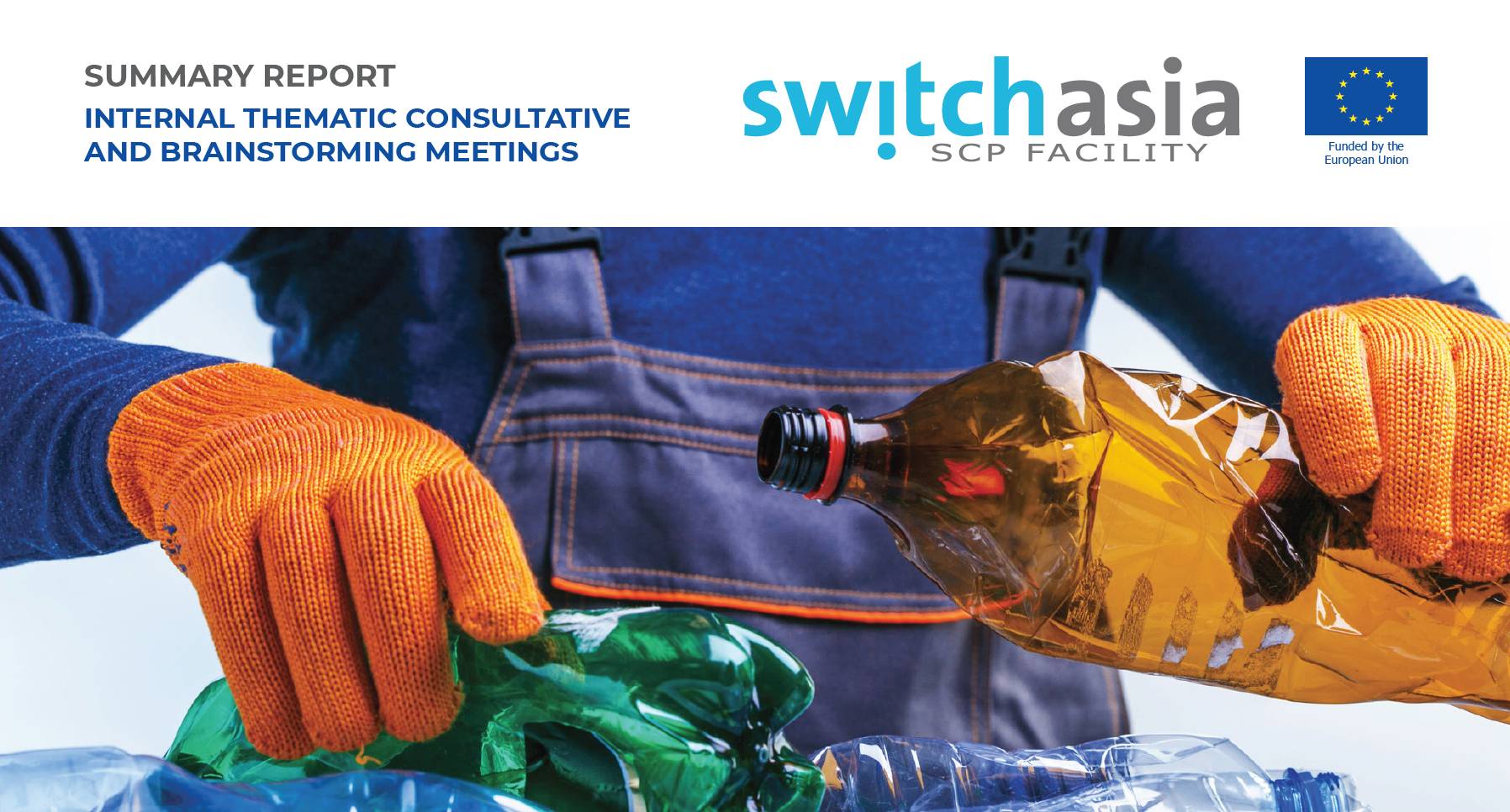
Plastic is a material that has conquered the entire world. Due to its low cost, light weight, versatility and durability it enables numerous uses in different sectors. Plastic as convenience- and hygiene-enabling material also has a dark side: especially in the form of single-use items that are burned or discarded after an average of 30 seconds of use. Plastic has shown up in the form of waste and microplastics all over the world, endangering human health, biodiversity, and the ocean’s ability to store carbon. Plastic particles can be found in the air, in water, soil, marine and land animals and even bees. More than 130 million metric tons of single-use plastics (SUP) were thrown away in 2019, mostly in the form of packaging.
In Asia, SUP convenience products have reached everywhere, even remote rural areas. In Asian countries, more than 50% of global SUP production is located, with India and China at the forefront. Much of the produced plastic products are exported. As an average of per capita consumption, plastic waste in many Asian countries is still quite low compared to the world’s top consumers, including Australia and the United States. There is a visible link between a growing middle class and unsustainable consumption and production patterns, including plastics. In the majority of Asian countries, the waste collection systems and the recycling capacity is not able to cope with the amounts of plastic generated. The most highly challenged countries include China, Indonesia, the Philippines, Vietnam, Sri Lanka, Thailand, Malaysia, Bangladesh, India, Pakistan and Myanmar. Some Asian countries, like Vietnam and Laos, are even importing plastic waste for “recycling”, when in fact, this waste often goes untreated. Malaysia and China have recently banned this practice.
Objective
The objective of the consultation meeting on plastics was to strengthen cooperation through the three SWITCH-Asia components (SCP Facility, Grants programme and Regional Policy Advocacy Component (RPAC)), involving the Country EU Delegations (EUDs), the National Focal Points (NFPs) of partner countries’ Ministries, Grant projects, and selected regional/international partners, to ensure an active exchange of experiences and ideas for creating larger impact.
More on this event here


